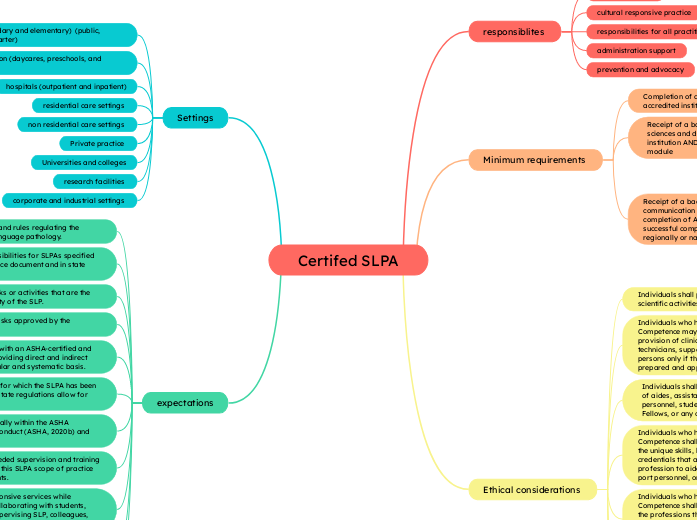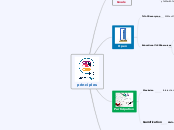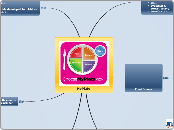jonka BROOKLYN SOLOMON-CASTOE 7 kuukautta sitten
46
Certifed SLPA
A Certified Speech-Language Pathology Assistant (SLPA) must meet specific educational prerequisites, including a bachelor's degree in communication sciences and disorders or another field with supplementary coursework and ASHA modules.









